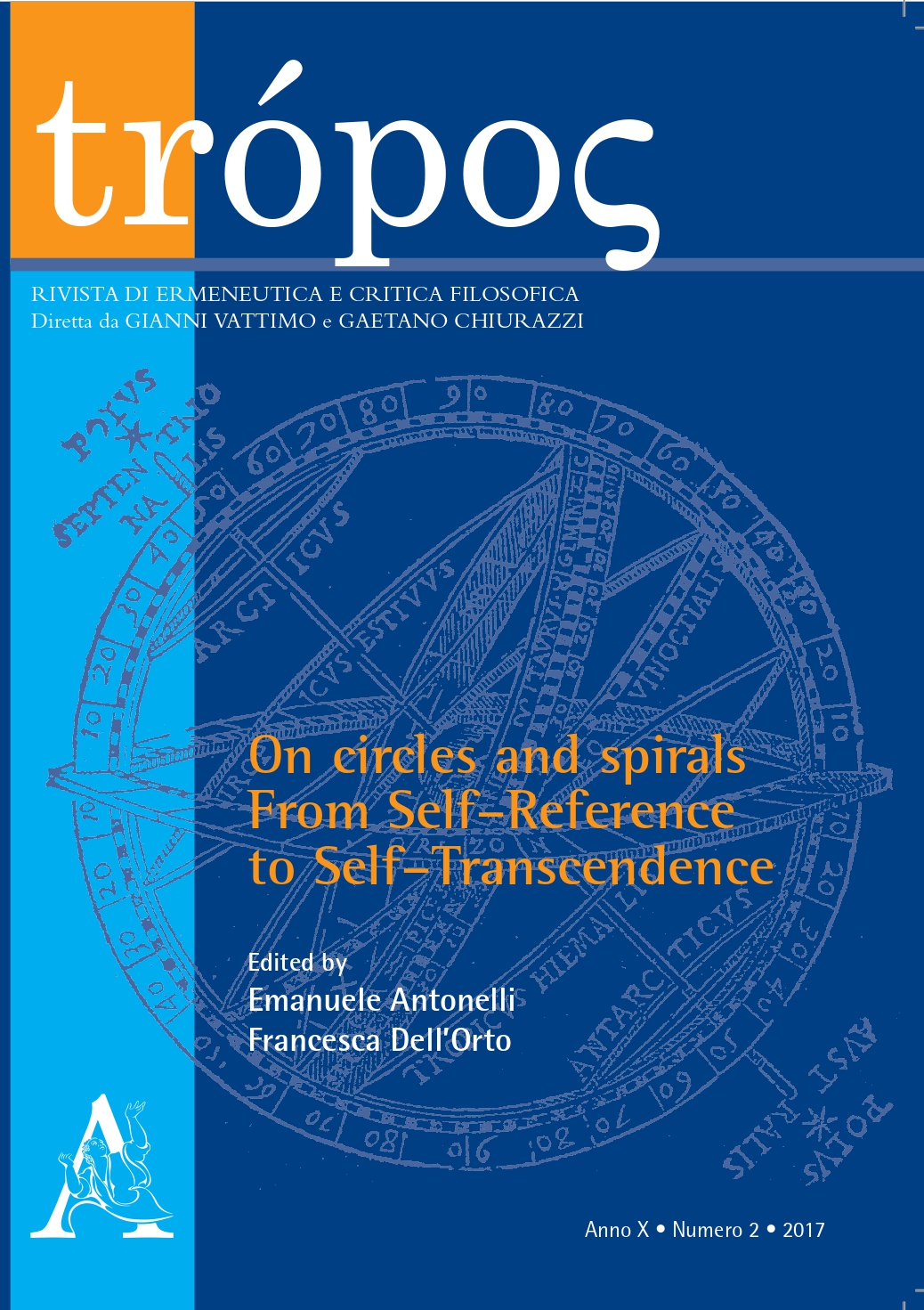A Question Containing Itself
Metaphysics of Genesis and Emergentism
Keywords:
transcendental phenomenology, naturalization, temporal constitution, self–inclusionAbstract
In Husserl, traditional metaphysics doubles the naturalistic oppositions between form and matter, subject and object, nature and mind etc., at the grounding layer of reality. This way it never gains an authentically transcendental standpoint. Phenomenology discovers that description is always an intrinsic part of what it describes: in reducing the world the ego makes it possible according to eidetic laws. Therefore, a “phenomenologi- cal metaphysics” should give genetically reason of this movement, which makes reference to the corporeal rootedness of consciousness. Apparently, enactive emergentism seems to respond to this issue in a naturalizing way. In a sense, it pursues the task of genetic phenomenology, shedding light on the temporal dynamics of self–constitution and the metastable balance of consciousness; but the ambition of genetic phenomenology — as every transcendentalism — is also to take into account the not–individually–lived, that is the Lebenswelt, the already–constituted significations which are nei- ther merely biological nor environmental, rather logical, technical, and historical.
A phenomenological metaphysics, therefore, should answer for an inclusion and a self–inclusion: the inclusion of all experiences in the “multilayered” temporal display, and the inclusion of itself in itself, for itself contributes, while describing, to that temporal display.


